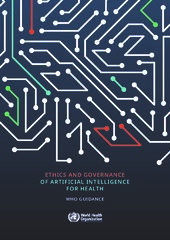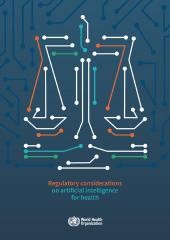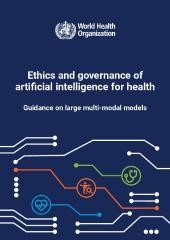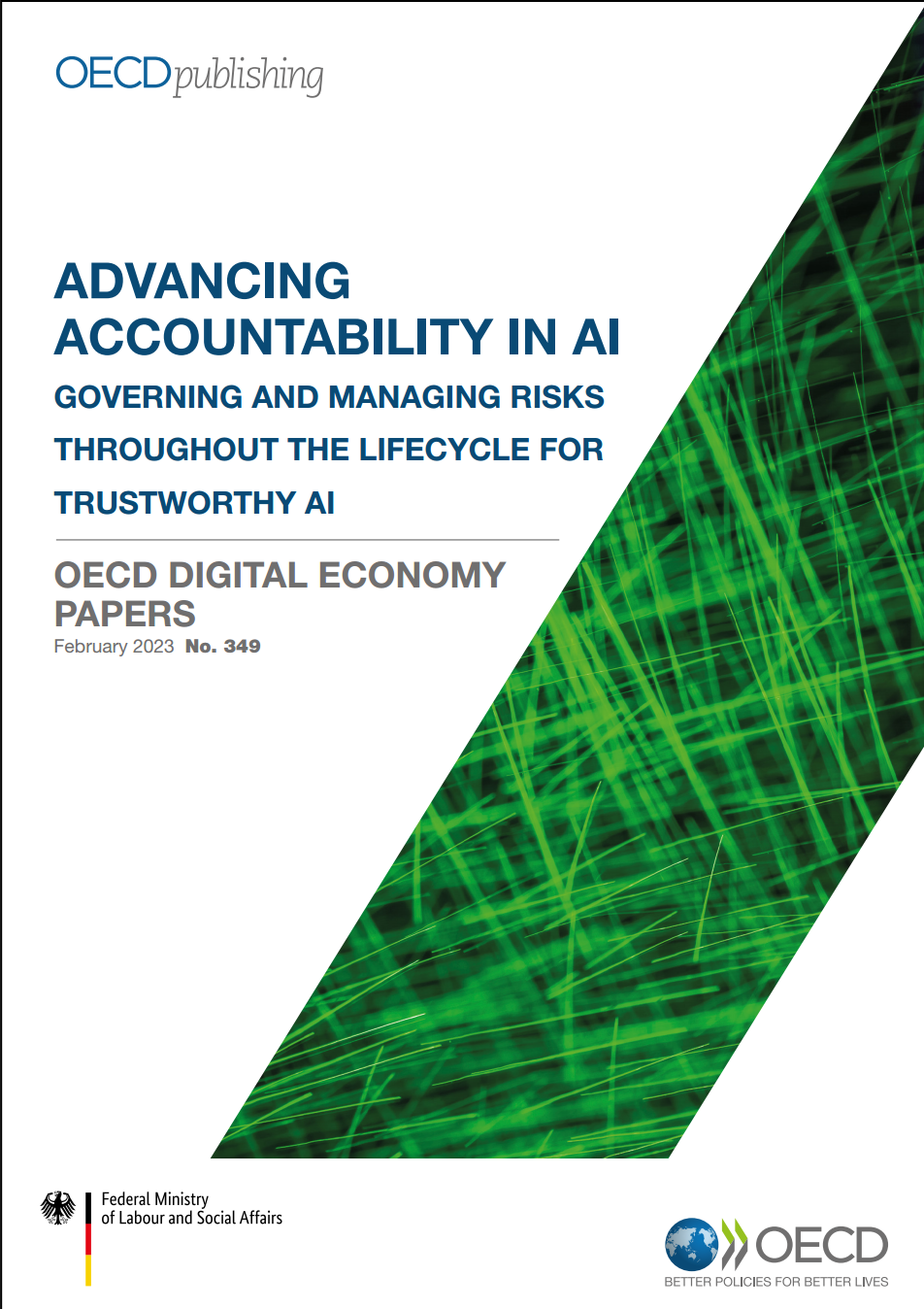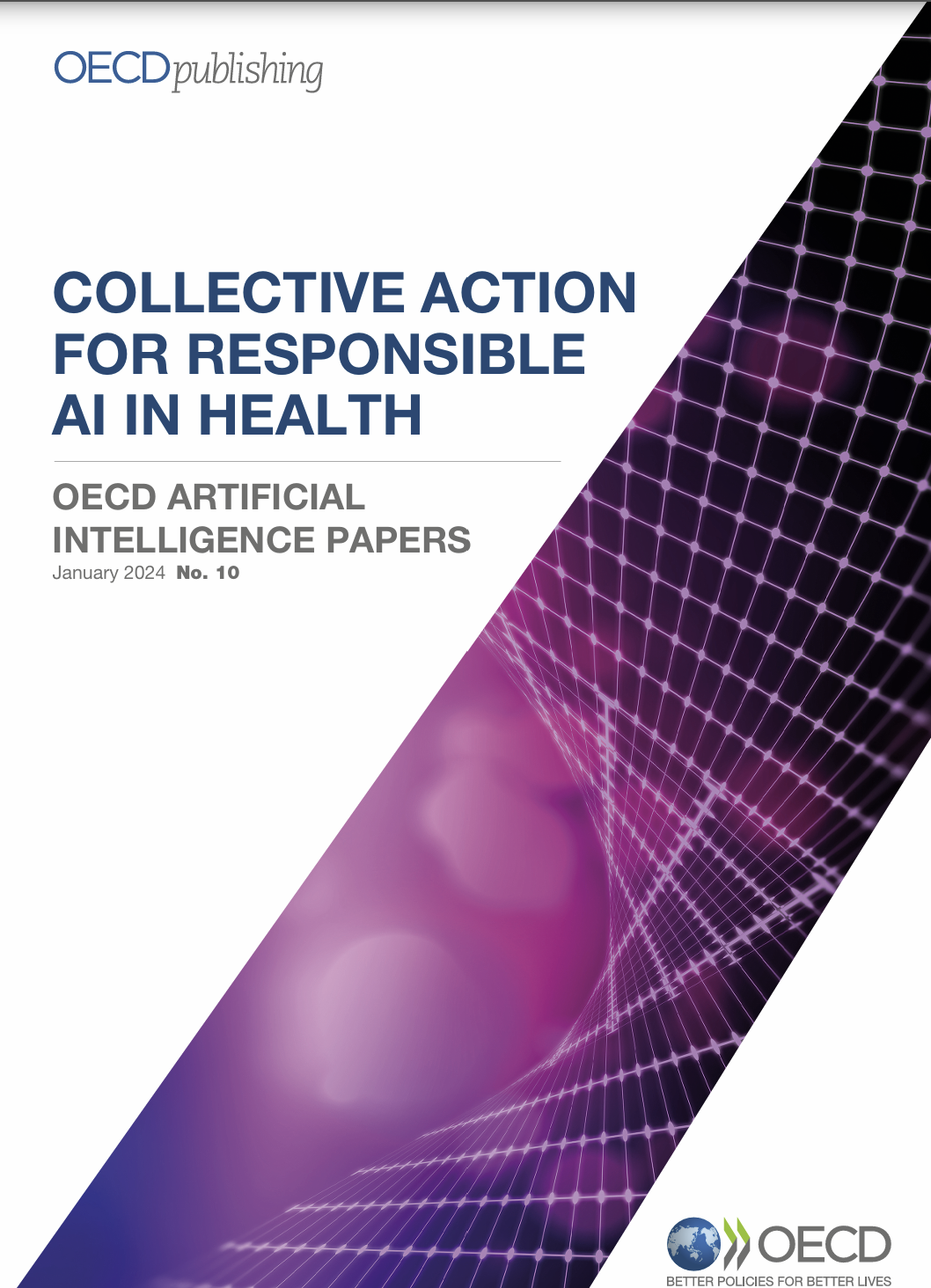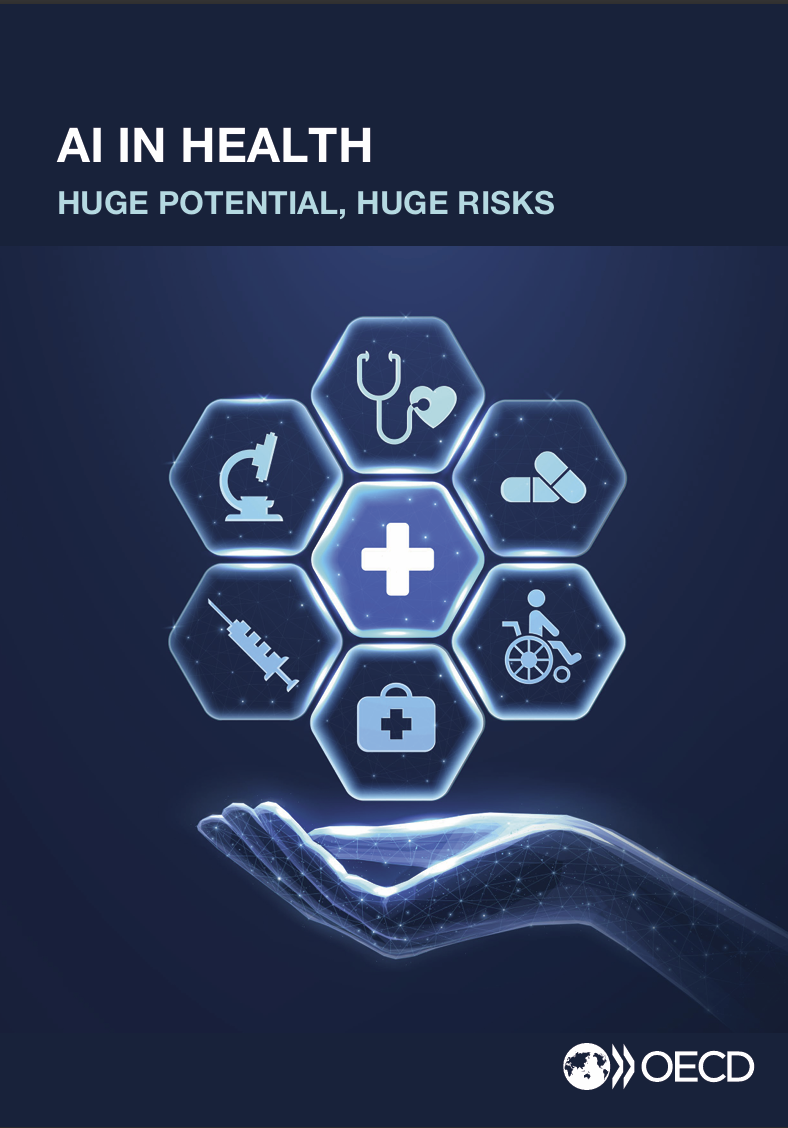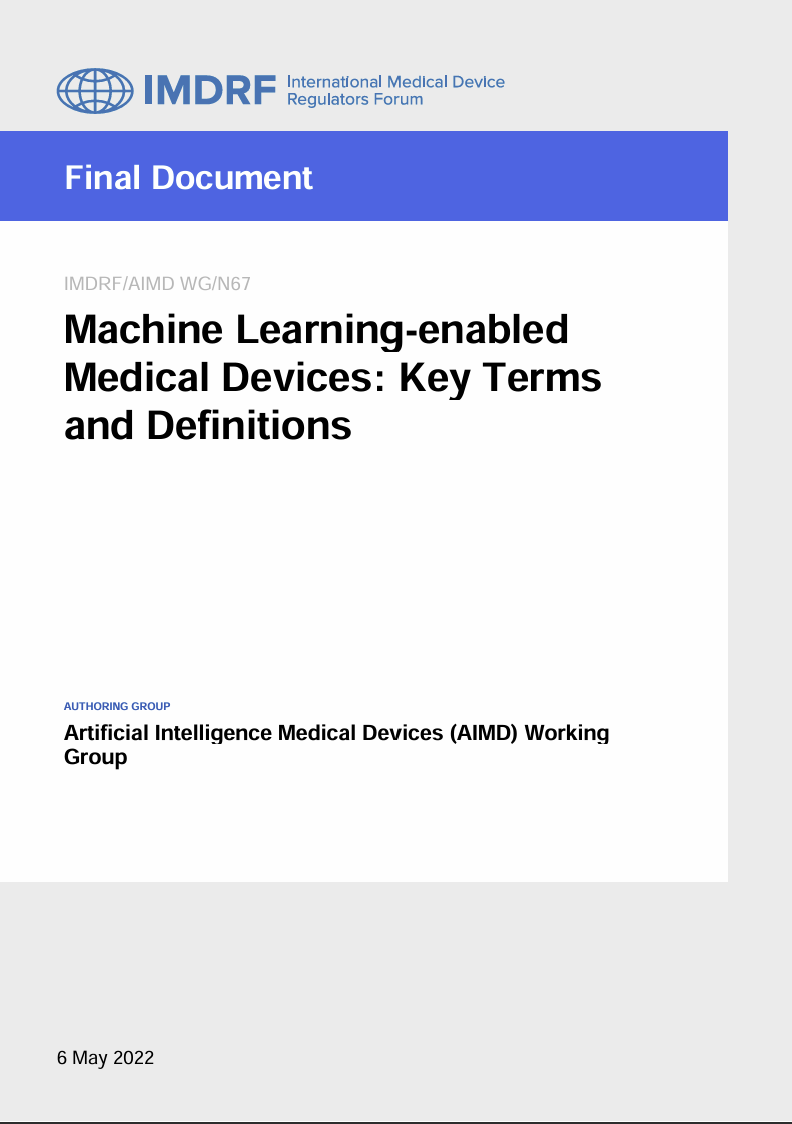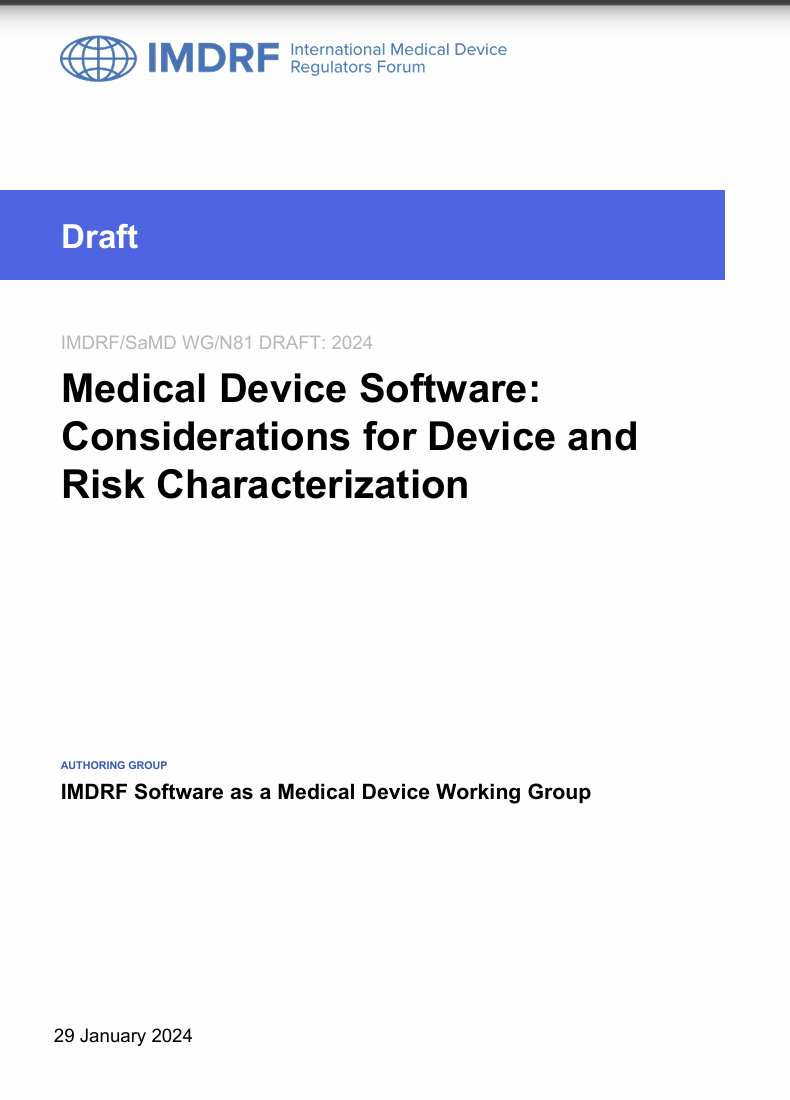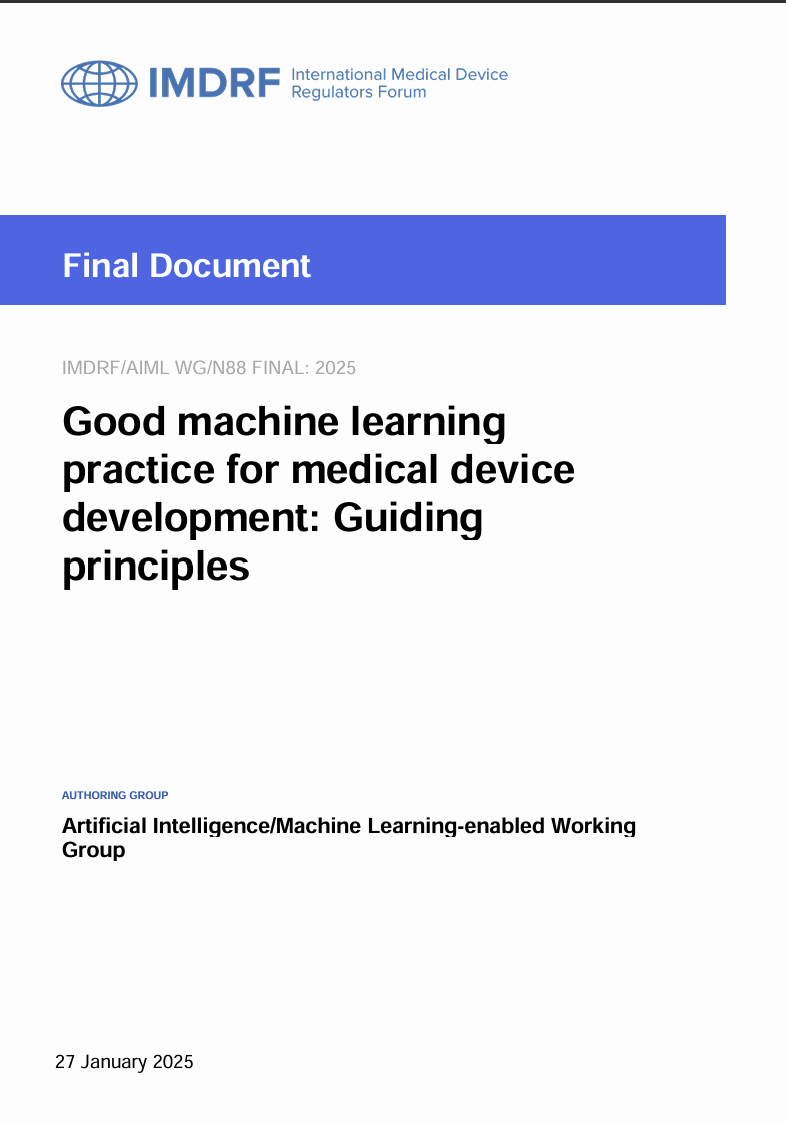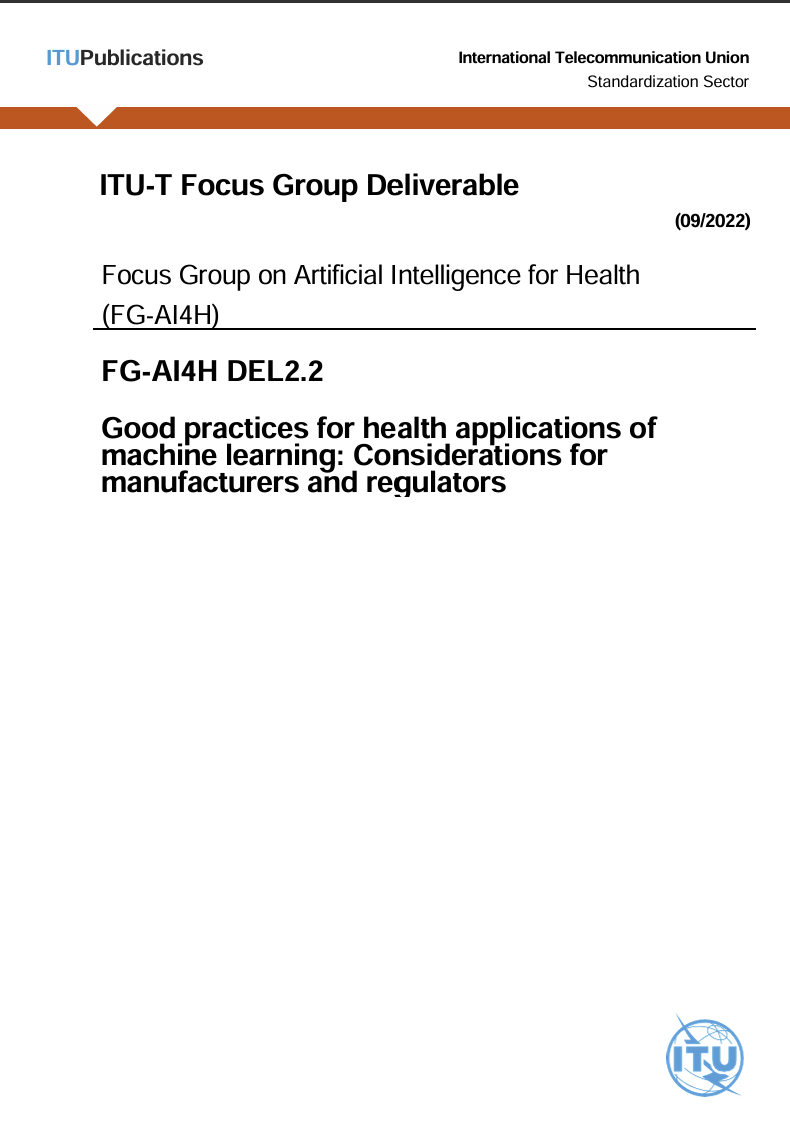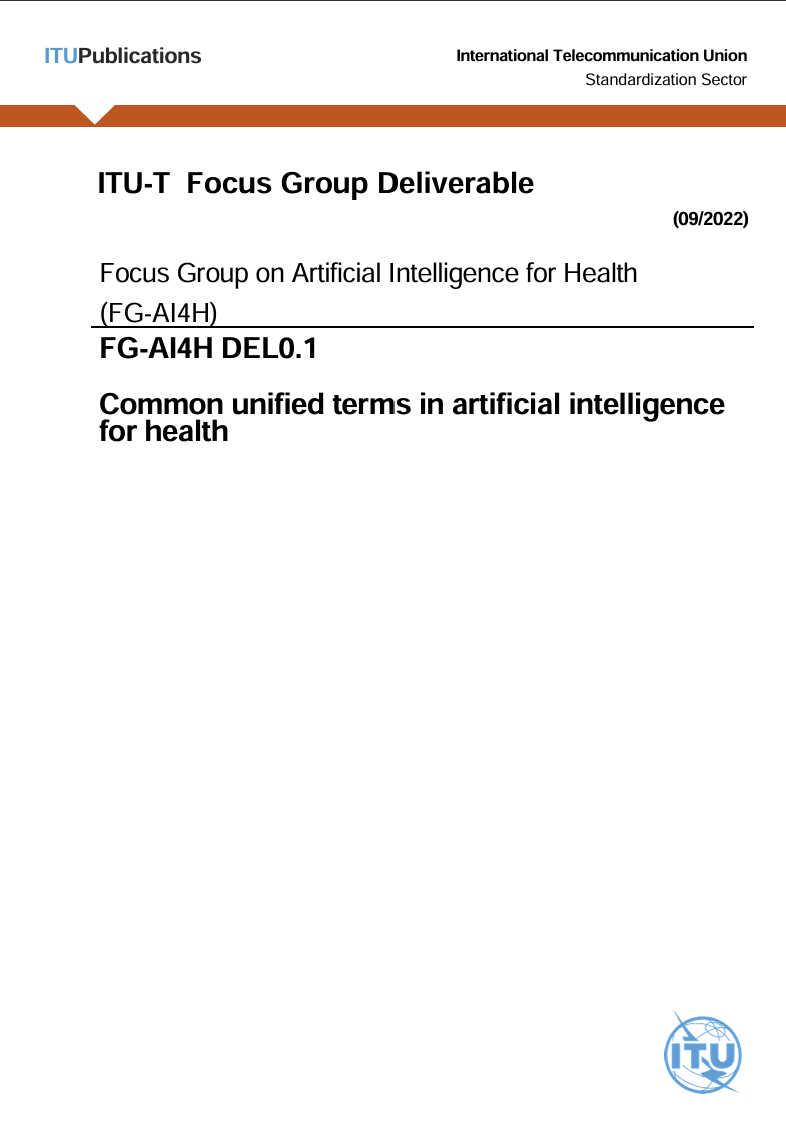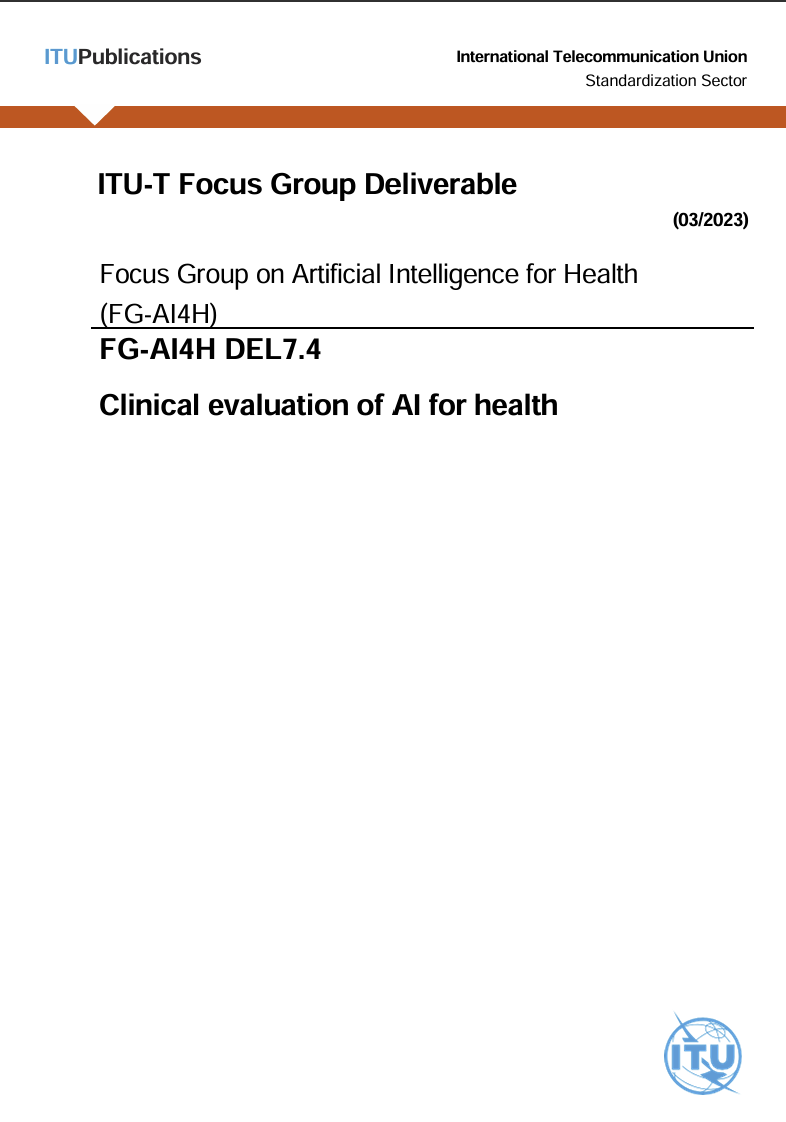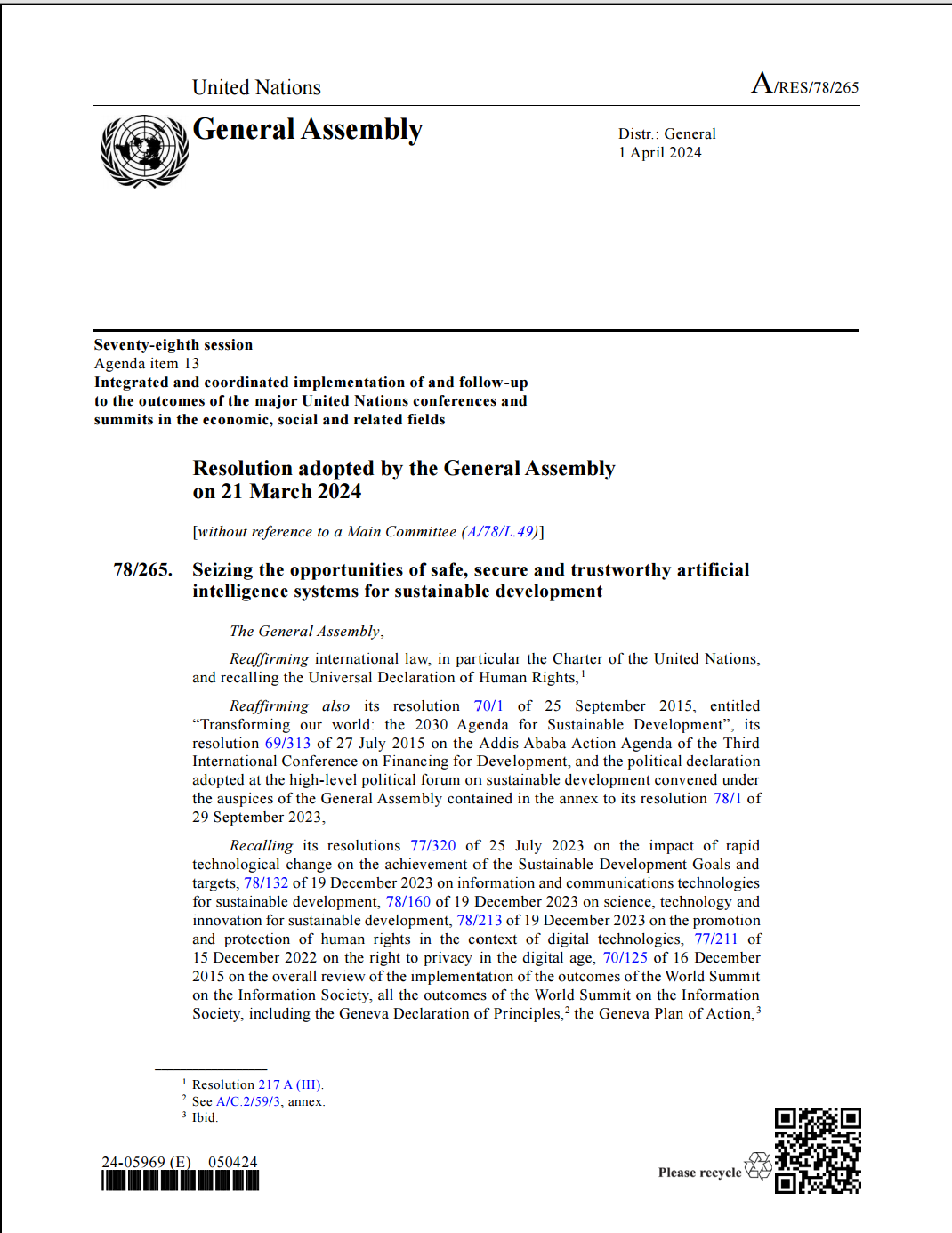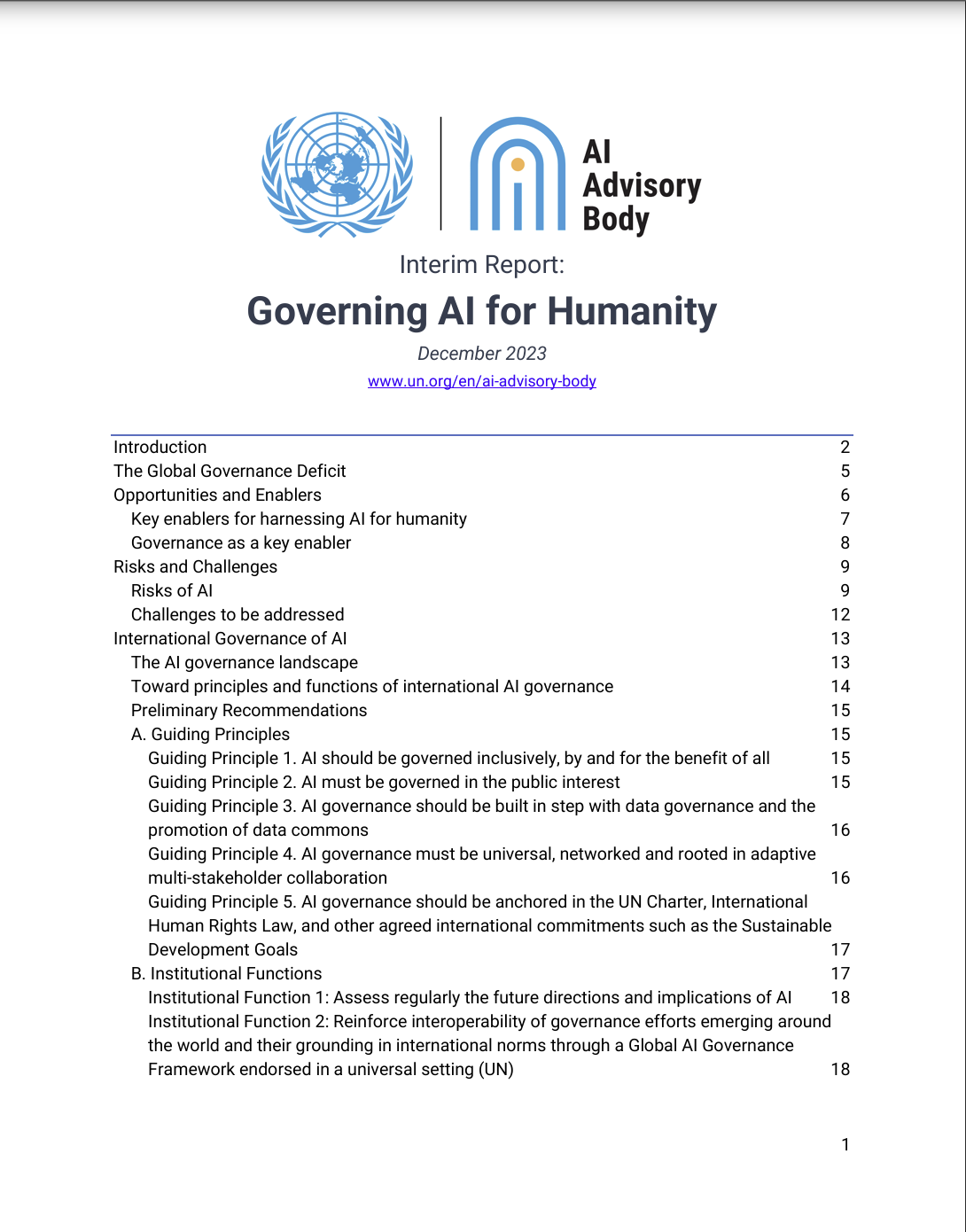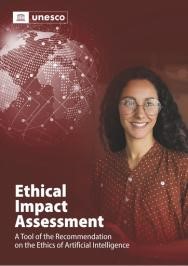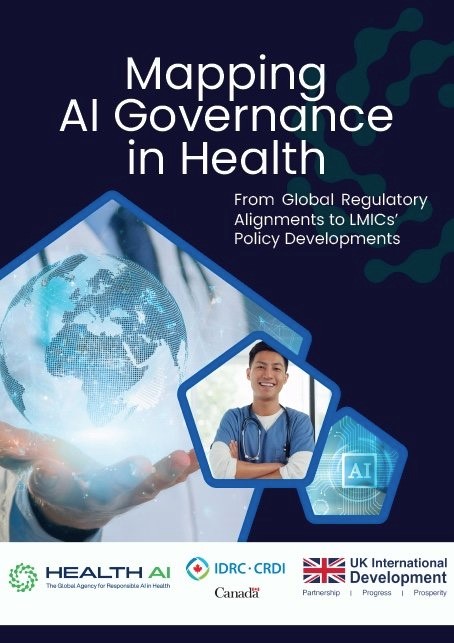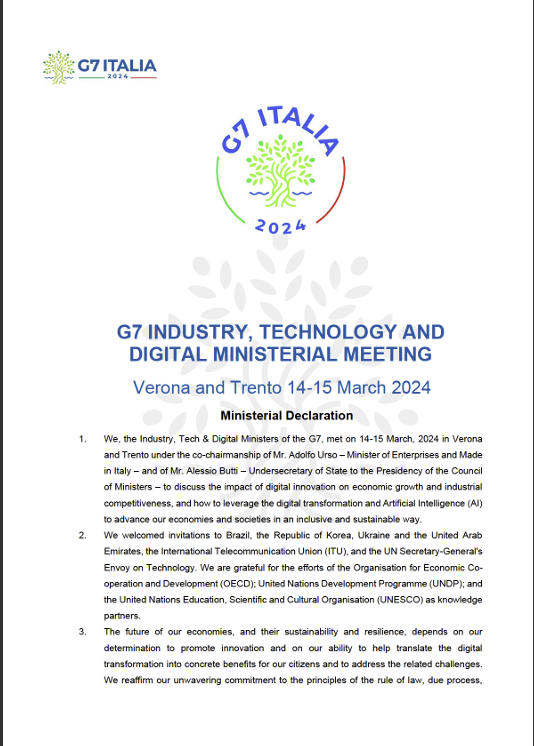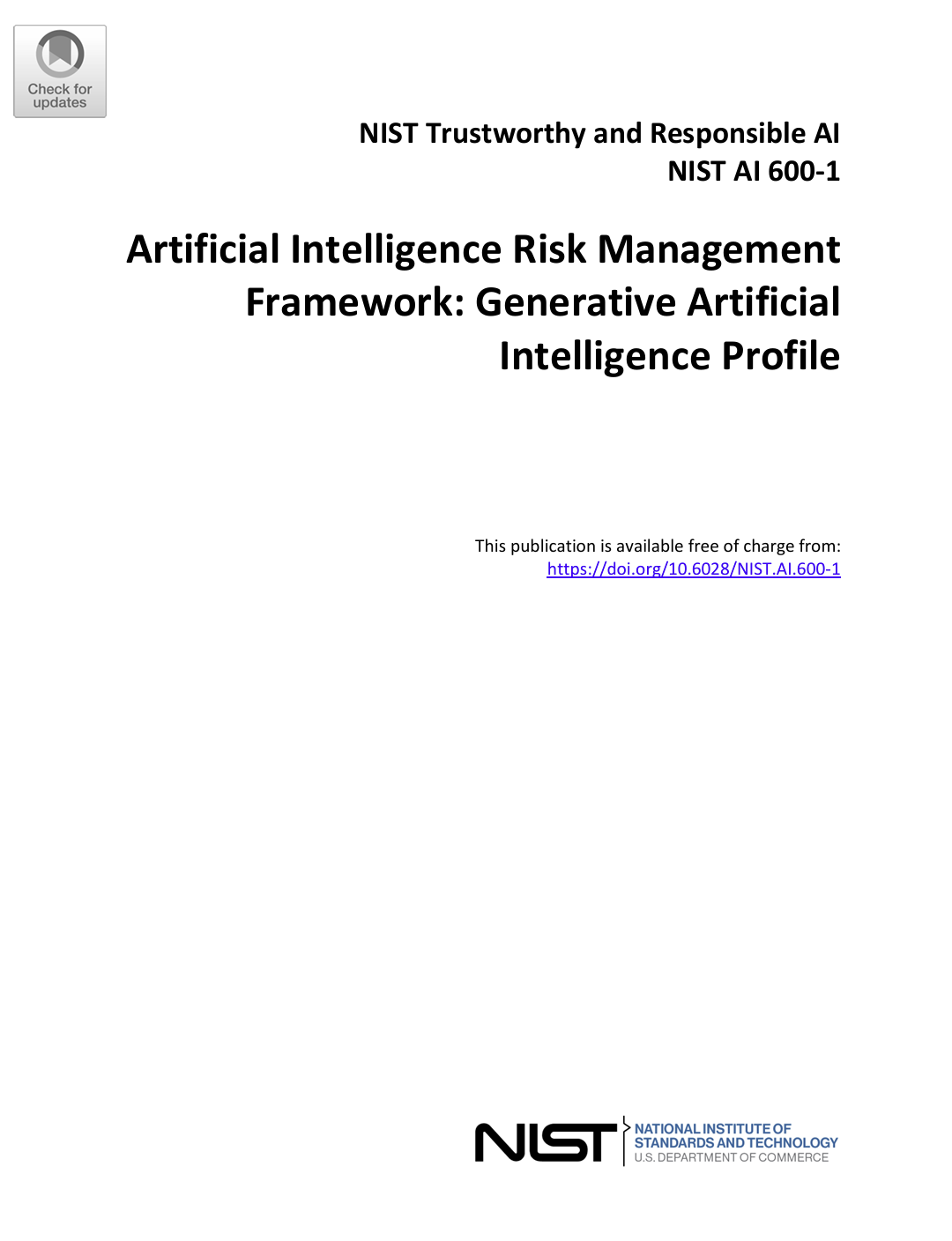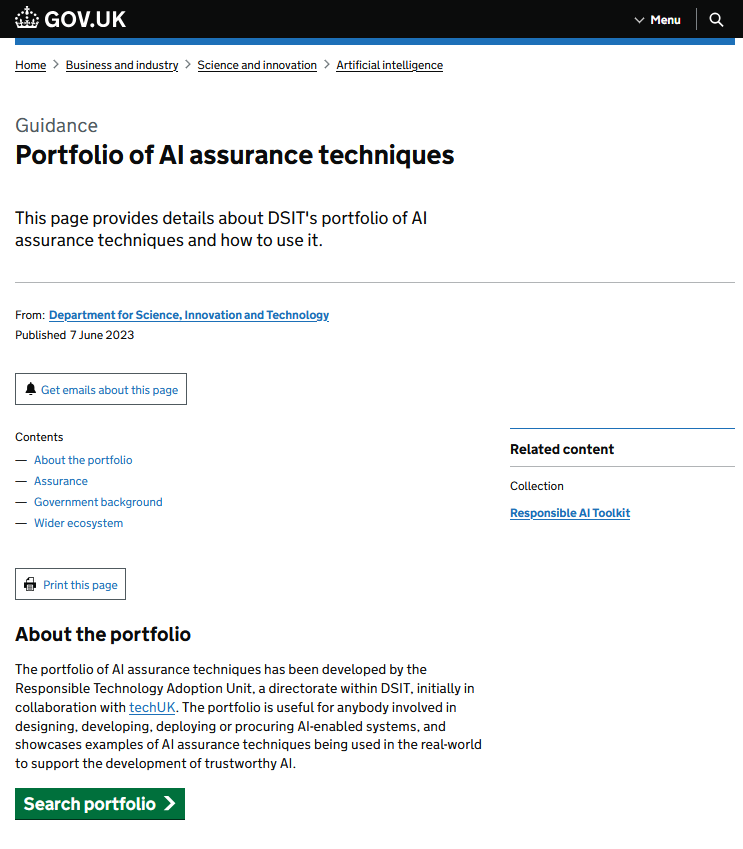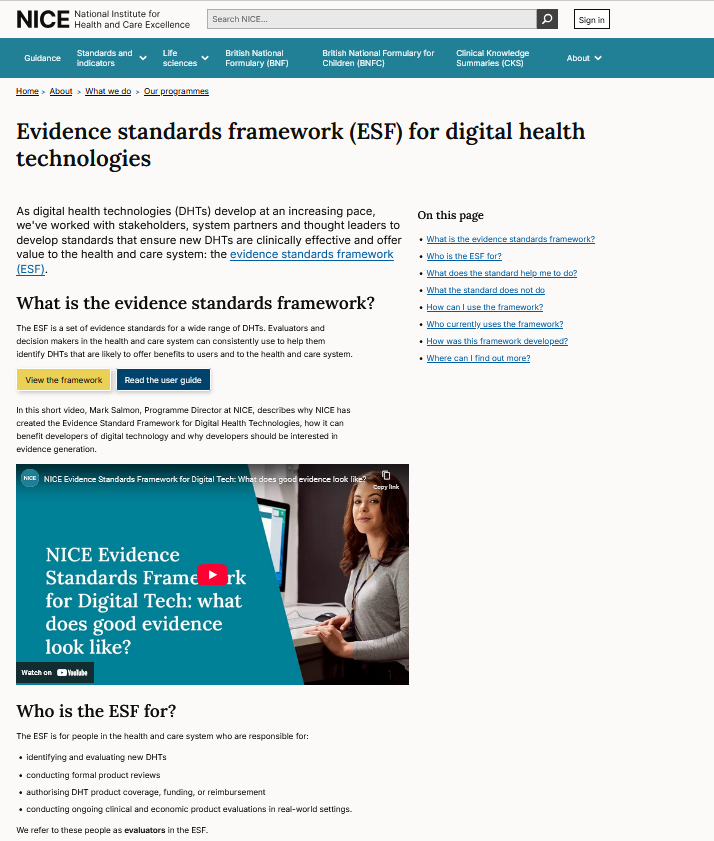IA Responsable
Inteligencia Artificial (IA) responsable se refiere al diseño, desarrollo, implementación y uso ético y con responsabilidad de los sistemas de IA.
Se da prioridad a valores como la transparencia, equidad, responsabilidad y respeto a los derechos humanos, asegurando que las tecnologías de IA se desarrollen y apliquen de manera que promuevan el bienestar, la equidad y el bien social, minimizando al mismo tiempo los posibles daños.[1].
Según la Organización Mundial de la Salud (OMS, 2021), para lograr una IA responsable en salud es necesario alinearse con seis principios éticos fundamentales: [2]
Principios
|
1 Proteger la autonomía humana Preservar la agencia humana y la capacidad de los profesionales de la salud para tomar decisiones clínicas, especialmente en intervenciones sensibles. |
2 Promover el bienestar humano, la seguridad y el interés público Garantizar que las tecnologías de IA mejoren los resultados para los pacientes y no comprometan su seguridad. |
3 Asegurar la transparencia, explicabilidad e inteligibilidad Hacer los sistemas de IA comprensibles y que sus funciones sean interpretables por los usuarios finales y las partes interesadas. |
|
4 Fomentar la responsabilidad y la rendición de cuentas Delimitar claramente quién es responsable del desempeño y los resultados de los sistemas de IA. |
5 Asegurar la inclusividad y la equidad Diseñar sistemas de IA que aborden, en lugar de exacerbar, las inequidades sanitarias existentes entre distintas poblaciones. |
6 Promover una IA sensible y sostenible Desarrollar sistemas que sean adaptables a lo largo del tiempo y responsables con el medio ambiente. |
Estos principios ofrecen una base ética sólida para guiar el desarrollo y uso de la IA en el sector salud, posibilitando innovación equitativa, confiable y eficaz.
La guía de la OMS de 2021 también describe diez retos éticos clave que deben abordarse de forma proactiva para aplicar la IA en la salud de manera responsable: [2]:
- Evaluar si la IA debe usarse en ciertos contextos clínicos.
- Combatir la brecha digital para asegurar el acceso equitativo a tecnologías de IA.
- Garantizar prácticas éticas en la recopilación, propiedad y uso de datos.
- Establecer líneas claras de responsabilidad en la toma de decisiones.
- Gestionar las implicaciones de decisiones autónomas tomadas por sistemas de IA.
- Identificar y mitigar sesgos y discriminación incorporados en los algoritmos.
- Proteger contra riesgos de seguridad y ciberseguridad.
- Prepararse para las posibles disrupciones en el mercado laboral sanitario.
- Navegar las presiones de comercialización que puedan entrar en conflicto con los intereses de salud pública.
- Evaluar el impacto ambiental de la IA, especialmente en el contexto del cambio climático.
Estos no son problemas hipotéticos, sino cuestiones urgentes que requieren marcos sólidos de gobernanza, participación inclusiva de las partes interesadas y previsión ética para asegurar que la IA beneficie a todas las poblaciones, en especial a aquellas en contextos de recursos limitados.
References
- Lyons JB, Hobbs K, Rogers S, Clouse SH. Responsible (use of) AI. Front Neuroergon. 2023 Nov 20;4:1201777. doi: 10.3389/fnrgo.2023.1201777. PMID: 38234494; PMCID: PMC10790885.
- World Health Organization. Ethics and governance of artificial intelligence for health: WHO guidance. Geneva: World Health Organization; 2021. https://www.who.int/publications/i/item/9789240029200
Recursos
PUBMED | Investigación Reciente Sobre IA
(("Artificial Intelligence"[Title/Abstract] OR "Machine Learning"[Title/Abstract] OR "Deep Learning"[Title/Abstract] OR "Natural Language Processing"[Title/Abstract]) AND ("Clinical care"[Title/Abstract] OR "clinical decision"[Title/Abstract] OR "Health"[Title/Abstract] OR "Healthcare"[Title/Abstract])) AND ("Health equit*"[Title/Abstract] OR "health disparit*"[Title/Abstract] OR "health inequalit*"[Title/Abstract] OR "ethic*"[Title/Abstract])
Talleres y seminarios web
Próximamente
Biblioteca de recursos de los socios
- HealthAI Resource Library: documentos, informes y más Resource Library: Papers, Briefs, Reports, and more — Health AI
- Biblioteca de publicaciones de la OCDE: salud y IA Health Publications - OECD.AI

